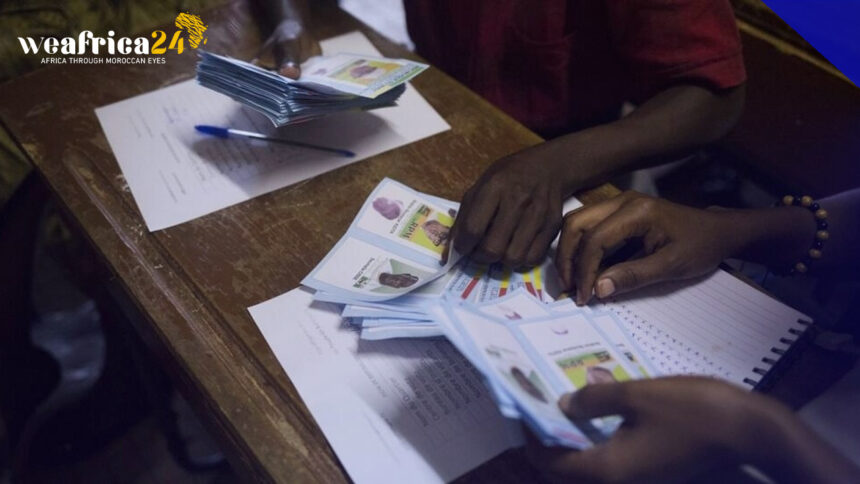The transitional authorities in Mali have delayed the presidential election to an unspecified date due to a “hostage situation” caused by a French company. This election was set to occur in February 2024, signifying the conclusion of the transitional period and the restoration of constitutional order after the military coup in August 2020.
The statement released this Monday refers to a “slight delay,” with the new deadline to be specified “at a later date.” To justify the delay, despite extensive discussions with ECOWAS regarding the timeline, the Malian transitional authorities argue the need to incorporate the new Constitution into electoral law. They also point to the upcoming annual revision of the voter lists set to commence next month.
Most significantly, Bamako accuses a French company of “taking hostage” a crucial database required for organizing the election. The Ravec, an administrative civil registration system, was conducted from 2018 onward by the French company Idemia, explicitly mentioned in the statement.
Refusal to Transfer Ownership of the System
Mali claims that this French company has refused to allow the “transfer of ownership of the system.” In practical terms, it has declined to provide the necessary password. The statement from the Malian authorities even specifies the reason: Bamako still has a debt of over 5 billion CFA francs owed to this company, which reportedly insists on payment before completing the transfer. Consequently, “the Ravec database has been halted since March 2023,” as stated by Bamako.
It is worth noting that the constitutional referendum desired by the transitional authorities was conducted after this date, in June of this year. Additionally, Idemia, formerly known as Oberthur, had previously been under scrutiny by the transitional authorities. Jean-Yves Le Drian, the former Minister of Defense, was even officially summoned by the Malian judiciary in May 2022. He was accused at the time of leveraging his position to secure a contract for passport production. The case ultimately saw no further developments.
In any case, Bamako asserts that this new issue with Idemia has “serious consequences,” including the inability to enroll new adults on voter lists and a slowdown in the production of biometric national identity cards. This, they argue, justifies the postponement of the presidential election, a move that many observers had long predicted but not necessarily for the reasons cited today.







